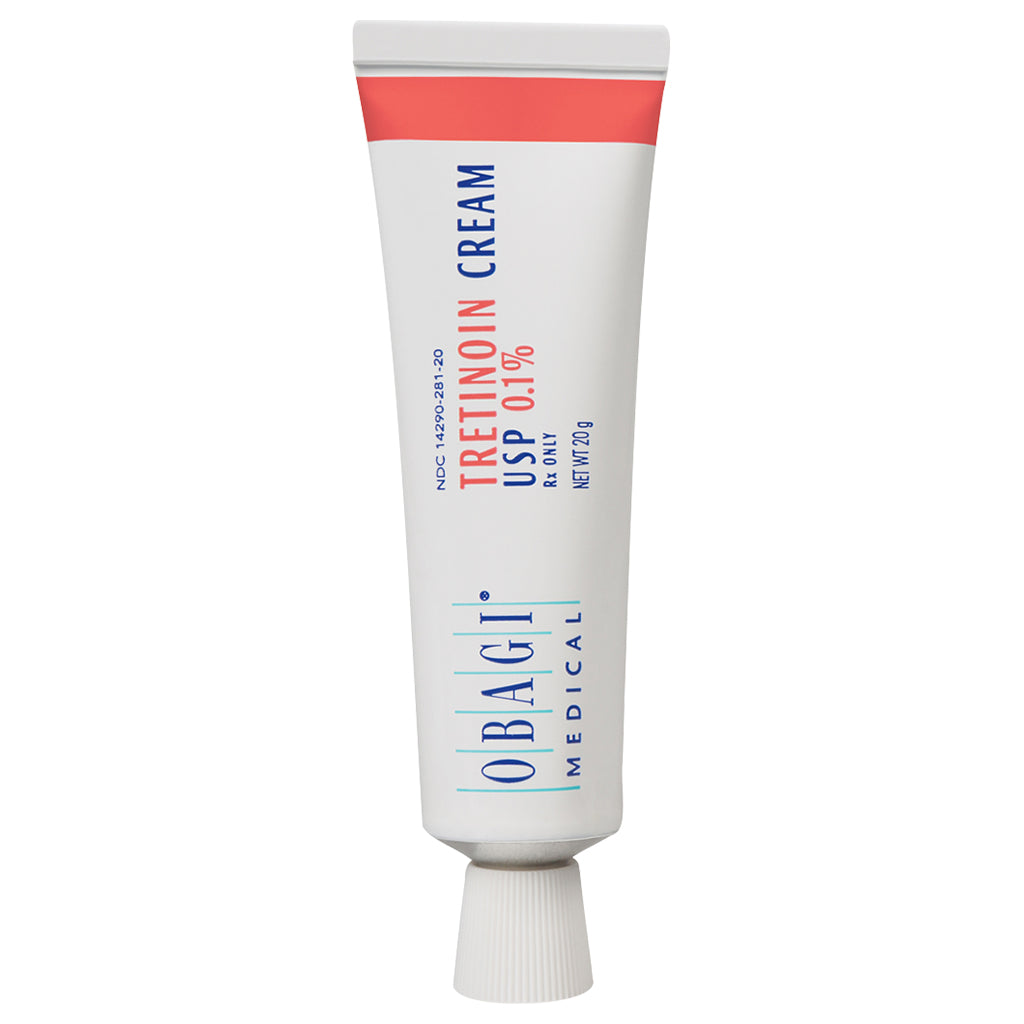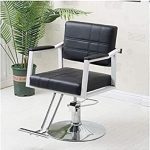Tretinoin is an anti-aging cream that can help reduce the appearance of fine lines and wrinkles. It also has the ability to improve your skin tone and texture.
Use as directed by your doctor. Wash hands before and after applying. Avoid rubbing or touching eyes, mouth and the corners of your nose.
Acne Treatment
When used on a regular basis, tretinoin can improve the appearance of acne scars and prevent future breakouts. It works by stimulating your skin to create new cells and by promoting shedding of old, dead skin cells. This reduces clogged pores and the buildup of oil that can cause acne.
Before applying tretinoin, be sure your skin is completely clean. Wash it with a mild soap or non-irritating cleanser and then gently dry it with a towel. Avoid using other topical medications on the area where you apply tretinoin, including hair products that contain sulfur, resorcinol or salicylic acid and skin preparations with lime or spices.
During the first few weeks of tretinoin use, your skin may become more irritated than usual. It can also take up to 12 weeks before you see full improvement of your acne. Tretinoin can make your skin sensitive to natural and artificial sunlight, so you should minimize sun exposure while using this product.
Skin Lightening
Studies show that tretinoin can lighten areas of dark skin, such as freckles, age spots or other discoloration. This is accomplished by dispersing the granules of melanin, which are responsible for skin color.
It also increases the turnover rate of skin cells. This means that any older pigmentation cells from sun damage or rosacea will be replaced with fresh new skin cells more quickly, which may help limit discoloration and minimize fine lines and wrinkles.
Tretinoin is available in several different forms and strengths, and a dermatologist will work with you to determine the right dosage and frequency to get the best results. Start with a low-concentration formula every third night to give your skin time to adjust, then gradually increase your usage. Be sure to protect your skin from excessive sun exposure and avoid products with harsh exfoliants while using tretinoin. Lastly, be aware that this medication can make you more sensitive to cold and wind.
Anti-Aging
The same process that helps to unclog pores and fight acne also prevents wrinkles, smooths the skin’s tone and texture, reduces fine lines, fades dark spots and improves rough patches. Prescription tretinoin works by boosting cell turnover and replacing older, weathered cells. It can also shrink oil glands and block inflammatory pathways that lead to breakouts, according to research published in Dermatologic Therapy.
Tretinoin cannot remove fine lines and wrinkles completely like Botox or fillers, but it can soften them and upgrade skin sallowness, roughness, tightness and pigmentation, says NYC dermatologist Debra Jaliman. She advises teenagers to keep using tretinoin after their acne clears up, because it can help them maintain smooth, youthful-looking skin into adulthood.
Before applying tretinoin, wash your face with a mild, non-irritating cleanser and pat it dry. Then apply a pea-sized amount of the cream or gel to your face, sparing areas around the eyes, lips and nostrils. Wash your hands afterward, and wait 20 to 30 minutes before applying any other skincare products.
Skin Discoloration
Tretinoin makes skin smoother by shutting dead cells out of pores and increasing glycosaminoglycan, which keeps skin supple. It also works as a chemical exfoliant to loosen blackheads and whiteheads for easier removal. However, this can cause a temporary increase in breakouts, called purging. This can look worse than before you started using the retinol cream, but is actually a good sign as it means that your skin is clearing up.
Unlike other skin lightening treatments, tretinoin does not affect melanin synthesis, but can even out patches of hyperpigmentation due to acne or sun damage. It can also slightly change your skin tone, although this is not very noticeable in most people.
You should avoid exposure to sunlight or tanning booths while using tretinoin. It may make your skin more sensitive to sunlight, so use sunscreen daily and cover any areas of exposed skin. You should also avoid waxing and using electrolysis for hair removal, and should not use any products that irritate your skin, such as harsh soaps or abrasive cleansers, or contain lime, spices or alcohol. tretinoin cream



